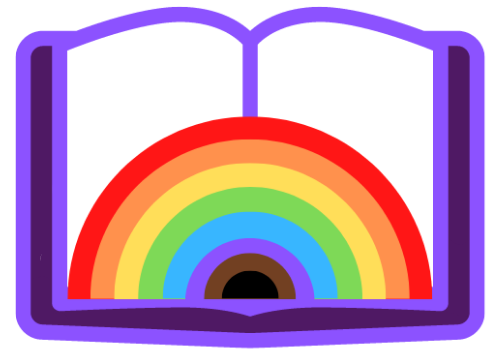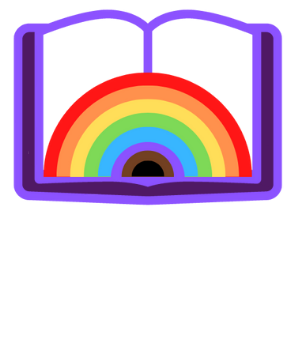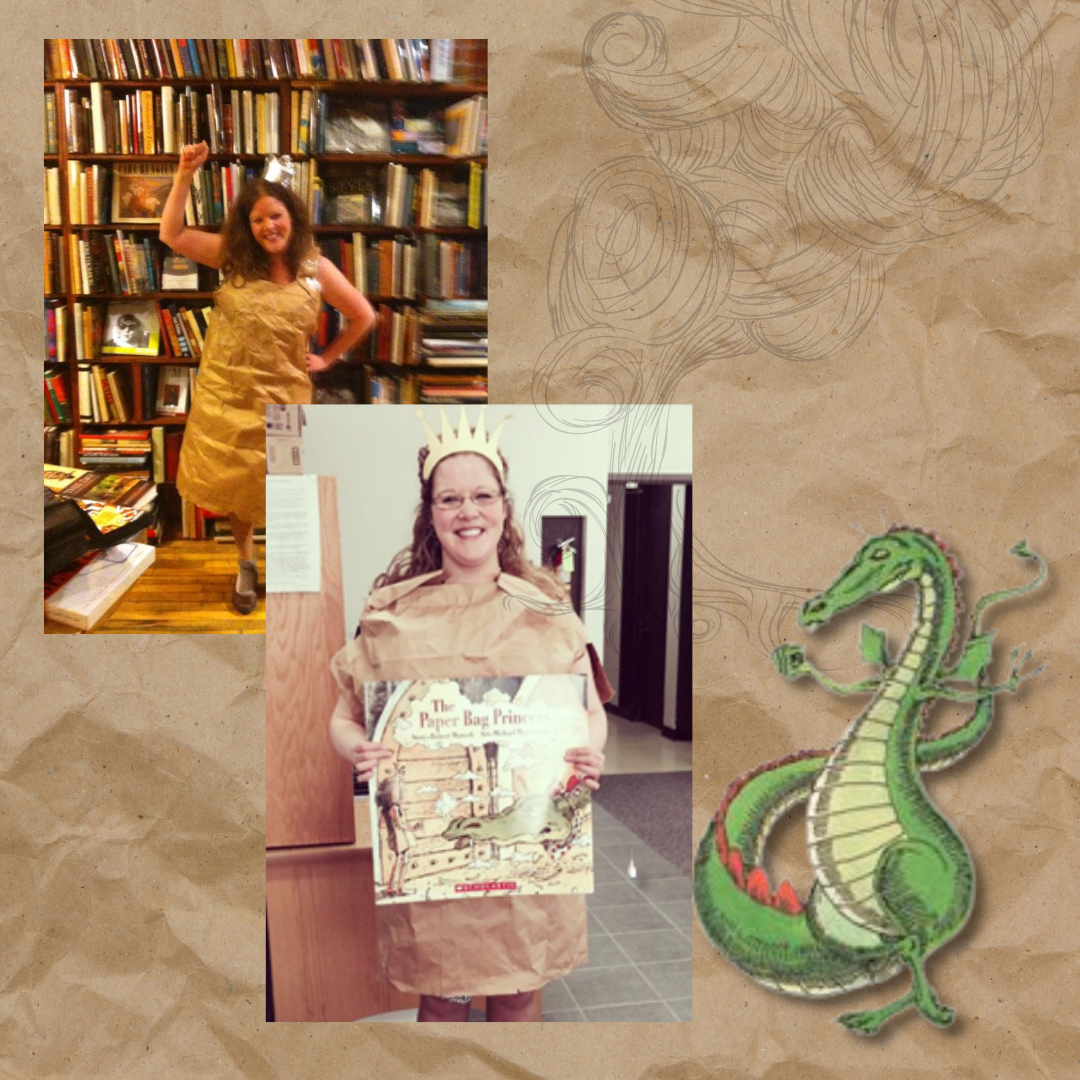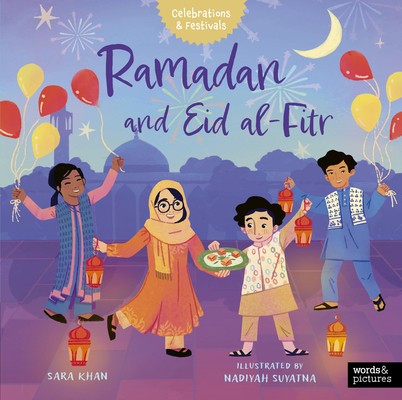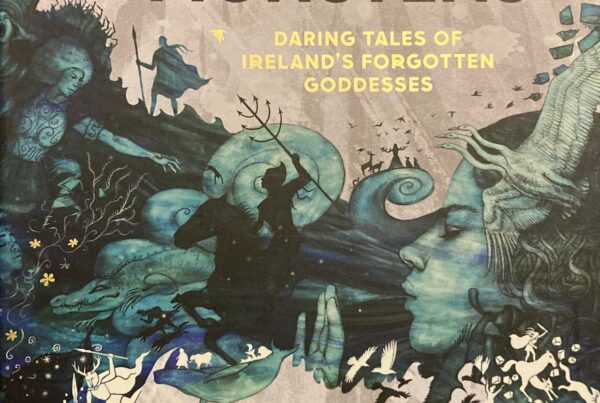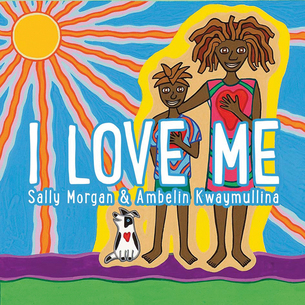An Open Letter To Robert Munsch
By Kate Reynolds (the Lavender Librarian)
I’ve loved you forever
I’ve liked you since always
As long as I’m living
Your work lives through me
As sung by Kate Reynolds and Aimee Clifford

In October 2021, famed Canadian children’s author Robert Munsch shared that he has dementia. Like many, I was saddened by this news; I’ve always loved Robert Munsch. So I wrote him a quick little note and submitted it on his website. Short and sweet, but it didn’t quite capture everything I wanted to tell him.
I think back on the celebrities we’ve lost recently; Betty White, in particular. I’m just so grateful she knew how loved she was because we told her. With Munsch’s health failing, it was time for me to write to him.
While my words might still reach him, they have stiff competition. Munsch receives over 10,000 fan letters per year. Still, I can put my “thank you” out into the world in hopes this love letter might reach him.
I want him to know that we care and that we as librarians value his contributions. Most importantly, I want him to know that many people are better versions of ourselves because he led by example.
Here’s my initial letter.
To the person I most admire:
I wanted to reach out to you and let you know how very much you’ve influenced me as a human being and a professional children’s librarian. I have been a fan of yours since before I was a fan of anything.
As a new librarian, I dressed up as The Paper Bag Princess more times than I can count and as I’ve progressed in my career, I’ve gone on to have an even deeper love of your writing.
When I look at children’s literature today, I see what a debt we owe you. You were among the first children’s book authors to truly understand how much kids love being silly and subverting expectations. You are a real pioneer and I see echoes of your style in the writings of so many who come after you. I love it.
I also love that you found a way to highlight stories we might otherwise have missed: partnering with Indigenous authors, showing disability (I’m autistic and disabled so this has meant the world to me), you highlighted the universal in your stories and made kids laugh while feeling seen. Thank you.
This is me, one of many who were inspired to become who we are because of you and your wonderful books.
My initial letter doesn’t go far enough. I still have more to say to you, Mr. Munsch.
We’ve never met and yet you’ve always been a part of my life. And I hope that you see that you have achieved a type of immortality through your work. A legacy of making the world better through children’s learning and laughter.
I’ve Loved You Forever
I cannot remember a time when I didn’t love you. I grew up on your books. Your stories. I was born in 1984. Your books have always existed in my life.
To call you a writer feels incomplete. You’re a storyteller. An entertainer.
I remember your voice. I loved listening to you tell your own stories.
My mother read me your books so many times that an LP of you reading was added to our collection. She had worked in a kindergarten and loved sharing a story about a dragon that centered around a strong princess rather than a prince.
I remember my dad taking me to the theater to see you live, signing me out of kindergarten for a special adventure. It’s one of my earliest treasured memories. We sat in the theater. I’m fuzzy on the details, but I think you were alone on stage. Telling stories. And we were rapt.
Somehow you had grown into an adult without losing the whimsy of youth. That’s rare. At least among allistic people.
You spoke to all of us. And it felt as though you never talked down to us. You revelled in the silly. Your love of whimsy never felt performative. You showed me the power of words. The power of having a voice and using it.
These are experiences shared by millions. According to The Canadian Encyclopedia, Robert Munsch has sold over 30 million books. Which represents much more than 30 million readers impacted. Picture books are shared. Read together. Borrowed from libraries. Passed down.
Allistic:
What does #@$% does it mean
Allistic simply means not autistic.
This is distinct from neuro-typical in that not all allistic people are neuro-typical but all neuro-typical people are allistic.
The reason I, as an autistic person, like the term allistic so much, is that it gives us an opposite of autistic that it’s simply “not autistic” normalizing autistic by giving it an antonym.
Allistic is to autistic as cisgender is to transgender.
Note: Many adults, particularly creative adults are now being diagnosed with autism. I want to be clear that I’m not attempting to make any claims about his neurotype. I am simply noting that I as an autistic person find him particularly relatable.

I’ve Liked You Since Always
I’m a children’s librarian so I came back to your books in my twenties as I began my career. It was then that I discovered there were many more books to love. Some of your newer books, those that I didn’t find in childhood, are now among my favourites to share with children. My love for your work has only grown as I’ve aged. I never stopped loving your books, especially The Paper Bag Princess, which is among my favourite Halloween costumes of all time.
But that’s why I love you. Not why I like you.
Reading that one of my heroes had suffered from depression and substance abuse gave me hope during some of my darkest days. Your honesty gave me permission to forgive myself. To not blame myself for my serious – yet still, somehow undiagnosed – depression exacerbated by not knowing I was autistic.
I have tremendous respect for you and the way you have been so open about your struggles. This disclosure, while not intentional, has been a tremendous source of comfort.
Life is hard with autism. It’s even harder with undiagnosed autism. For me, my life began when at 35 I was finally diagnosed and found out who I was and how to take care of myself properly.
There were years of struggles. So, I took tremendous comfort in knowing that someone I so admired was himself imperfect. I think you must have known, on some level, that your disclosure would provide others with some of the peace you yourself still needed.
And I decided that should I ever have a platform, I would want to do the same. To live by your example of openness and kindness.


As Long as I’m Living
Every day of my life I try to be the person that you gave me the strength to be. And I think I’m doing some pretty cool stuff. What’s more wonderful than helping children live their best lives?
I’m alive today partly because of you and authors like you. Childhood was hard. But, then, so was every moment of my life pre-diagnosis. Diagnosis was rebirth for me. I was able to find myself. My place in the world. Prior to diagnosis, my only peace was found in books. Many of them are yours.
Your Work Lives In Me
And not just in me. I’m only one example of people who have been moved by your work and your story. You elevated children’s literature and helped kids laugh. Childhood can be hard. Laughing makes it a tiny bit easier.
How do we continue your work? By sharing your books. And the books of those you influenced. Remembering that children’s literature needs to live and breathe and acknowledge little people for the marvelous humans you always knew they could be. And by remembering that your groundbreaking books are simply the tip of the iceberg of children’s literature.
There are so many wonderful children’s books. Honoring you is promoting all of them, especially diverse authors, as you did through countless collaborations. Because you seemed to know intuitively what many are just now realizing: children need to learn about all kinds of people. And all children deserve to see themselves reflected in their literature.



What’s Next?
So, if you’re a library worker, make a display of the works of Robert Munsch and also include newer books. Include books by his collaborators, by his fans.
Honour his legacy, not just his work. And while you’re at it, send him a message about your display, so he can enjoy the breadth of his impact while he still can.
I don’t know if he read my initial letter. Or if he’ll read this. But I so hope this piece finds him. Please share it.
Listen to Kate Reynolds and Aimee Clifford sing Robert Munsch’s original lyrics.
I’d like to thank the entire content team for their help putting this piece together. It can be hard to write about what we love and their editorial and layout support has been invaluable.
I’d also like to thank my partner in life and song, the incomparable soprano, Aimee Clifford, for their guidance and for joining me on the audio tracks for this piece! If you enjoyed their singing with me on this track, you’re going to love a piece we have in the works on singing for storytimers!
